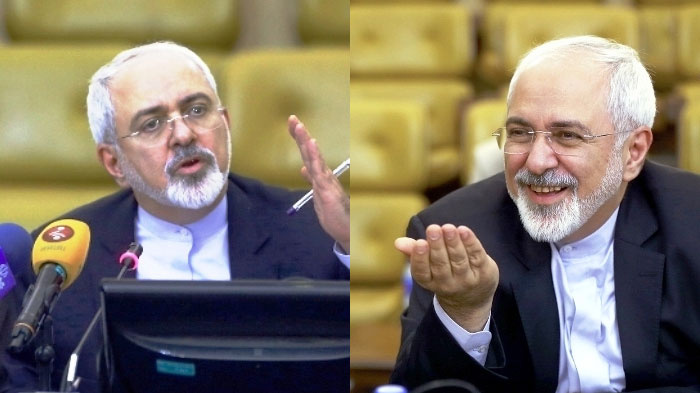Parliament Continues Its Nuclear Hearing Sessions

While in the United States, it has become clear that the anti-deal politicians and lobbies have lost the battle in the US, in Iran, debates over Joint Comprehensive Plan of Action are not over yet. The parliament continues its hearing sessions, with former and current negotiating teams attending the JCPOA special committee to discuss the different aspects of the deal.
Critics of the deal in the parliament, entirely from the Principlist front, argue that the agreement between Iran and P5+1 (five permanent members of the UN Security Council and Germany) has serious defects: sanctions have been merely suspended, not terminated, unlike what the Rouhani administration claims; Iran’s nuclear progress in R&D has been restricted, and planned inspections will expose Iran’s nuclear and non-nuclear sites to intrusion and espionage.
On Sunday, September 13, former chief nuclear negotiator Saeed Jalili attended the JCPOA special committee for a third time. Explaining problems in the deal, Jalili argued that the structure of sanctions has been left untouched. Former head of National Security Council claimed that even after the eight-year confidence-building period, the sanctions will not be terminated. Snapback of sanctions is quite easy, Jalili added.
Zarif and his two key aids in the nuclear talks Abbas Araghchi and Majid Ravanchi attended the afternoon session of the committee to clarify issues. Zarif stated that in case of snapback, Iran will sooner revert to its pre-deal path, adding that for the US, it will be a tough task to restart another campaign to convince third countries to quit trading with Iran.
Speaking about sanctions, Zarif argued that financial and banking sanctions against Iran have been terminated. He also called the US president responsible for sustention of the his country’s commitment to the deal, adding that in case he fails to fulfill his duties in this regard, the JCPOA will witness a case of significant breach, in case of which the related steps should be taken.
Iran’s foreign minister also pointed to the extranuclear achievements of the deal. Javad Zarif reminded the MPs that Iranophobia and isolation of the country in the regional and international scene is on decline, and Tehran has the chance to perform a stronger role. He also referred to the favorable opportunity created for foreign investment, and warned about wasting the chance.
The special committee hearings have received comprehensive media attention, especially with the state-run TV’s rare decision to broadcast the meetings. This appears to be a favorable opportunity for the pro-deal camp that were not permitted to express their criticism of Saeed Jalili’s nuclear approach during his leadership of the Iranian negotiating team from 2007 to 2013, when Iran rapidly developed its nuclear program, albeit at the expense of the UN Security Council passing five sanction resolutions.
Jalili, whose electoral defeat in presidential polls of 2013 was largely interpreted as a negative vote to his negotiating approach, has also found a chance for vindication. It is hardly unlikely that the parliament votes against the JCPOA. Perhaps the main beneficiary of these discussions was the public, who could get a clearer picture of the ruling elite’s nuclear strategies then and now.

